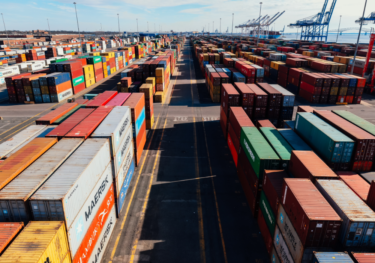Global | Coronavirus Watch: Transitioning to 2022
We have cut our near-term growth forecasts, in part due to the spread of Delta, and are likely to fine-tune them further in September. But we don’t see Delta as a cause for major panic. Rather than pushing economies back into recession, the most likely outcome is that it pushes back the recovery in the shorter term.
Aside from those economies with low levels of immunity and little tolerance of Covid, which are mainly in the Asia Pacific region, we see the likelihood of major restrictions being imposed again as limited. Our baseline forecast thus assumes underlying global growth in H2 will be robust by historical standards.
Nonetheless, it has been difficult to estimate the economic impact of past gyrations in global Covid case numbers, and clearly, there are uncertainties about how Delta will influence activity in H2. Our assumption that underlying growth picks up a little from here could prove a bit too optimistic.
The impact of measures to contain the spread of Covid in Asia makes it even harder to judge the point at which global supply-chain bottlenecks are resolved. In the near-term, the ripple effects from disruption in Asia to the rest of the world are a key “known unknown”.
It is also tricky to judge how households and businesses respond to the realisation that widespread vaccinations alone will not automatically end the pandemic. This may be exacerbated by growing concerns about the durability of the protection that vaccines provide. In the Northern hemisphere, any hit to social spending could be exacerbated by cooling temperatures in the autumn.
Tags:
Related Services

Post
Japan’s tariff turbulence to flatten near-term growth
We've cut our GDP growth forecasts for Japan by 0.2ppts to 0.8% in 2025 and by 0.4ppts to 0.2% in 2026, reflecting higher US tariffs and heightened global trade policy uncertainty. We now forecast that Japan's economy will barely grow over 2025-2026 on a sequential basis.
Find Out More
Post
Growth outlook cut further for the Eurozone amid tariff turmoil
Given the unique nature of the hike in US tariffs, the size of these supply and demand shocks and the speed at which they are arriving make the precise economic implications particularly hard to pin down. Overall, however, we expect GDP growth in the US and world economy to slow sharply, but we don't anticipate recessions in either.
Find Out More